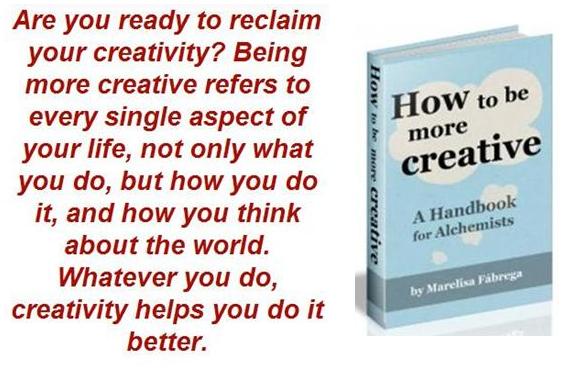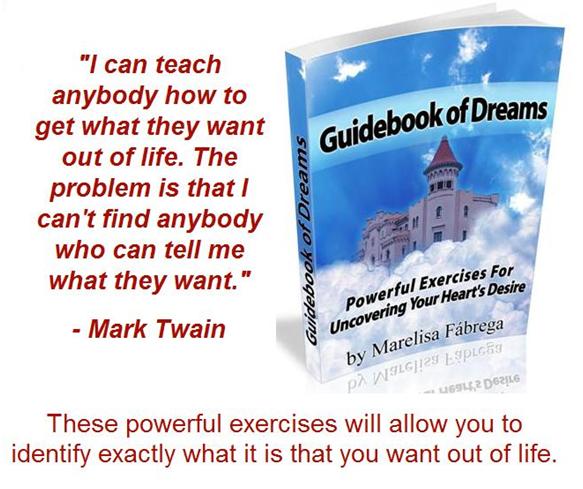 For all you writing-enthusiasts out there who are looking for a little inspiration to get started on that novel that you just know is buried somewhere deep within you, here are 24 more tips for writers, from writers:
For all you writing-enthusiasts out there who are looking for a little inspiration to get started on that novel that you just know is buried somewhere deep within you, here are 24 more tips for writers, from writers:
1. “What lasts in the reader’s mind is not the phrase but the effect the phrase created: laughter, tears, pain, joy. If the phrase is not affecting the reader, what’s it doing there? Make it do its job or cut it without mercy or remorse.” – Issac Asimov
2. “You must have a room, or a certain hour or so a day, where you don’t know what was in the newspapers that morning, you don’t know who your friends are, you don’t know what you owe anybody, you don’t know what anybody owes to you. This is a place where you can simply experience and bring forth what you are and what you might be. This is the place of creative incubation. At first you may find that nothing happens there. But if you have a sacred place and use it, something eventually will happen.” – Joseph Campbell
3. “I think of my novels as being something like fairground rides: my job is to strap the reader into their car at the start of chapter one, then trundle and whizz them through scenes and surprises, on a carefully planned route, and at a finely engineered pace.” – Sarah Waters
4. “The most solid advice for a writer is this, I think: Try to learn to breathe deeply, really to taste food when you eat, and when you sleep really to sleep. Try as much as possible to be wholly alive with all your might, and when you laugh, laugh like hell. And when you get angry, get good and angry. Try to be alive. You will be dead soon enough.” – William Saroyan
5. “Be ambitious for the work and not for the reward.” – Jeanette Winterson
6. “Study the genre that applies, determine what works and only then, write your outline and the book.” – Larry Moniz
7. “Plot springs from character… I’ve always sort of believed that these people inside me- these characters- know who they are and what they’re about and what happens, and they need me to help get it down on paper because they don’t type.” – Anne Lamott
8. “Use the landscape. Always tell us where we are. And don’t just tell us where something is, make it pay off. Use description of landscape to help you establish the emotional tone of the scene. Keep notes of how other authors establish mood and foreshadow events by describing the world around the character. Look at the openings of Fitzgerald stories, and Graham Greene, they’re great at this.” – Janet Fitch
9. “Before you sit down to write a scene, mull it over in your mind and know the purpose of that scene. What earlier set-ups will this scene pay off? What will it set up for later scenes? How will this scene further your plot? As you work, drive, exercise, hold only this question in your mind. Take a few notes as you have ideas. And only when you’ve decided on the bones of the scene – then, sit and write it. Don’t go to that boring, dusty computer without something in mind. And don’t make your reader slog through a scene in which little or nothing happens.” – Chuck Palahniuk
10. “To produce a mighty work, you must choose a mighty theme.” – Herman Melville
11. “Never fear [the audience] or despise it. Coax it, charm it, interest it, stimulate it, shock it now and then if you must, make it laugh, make it cry, but above all . . . never, never, never bore the hell out of it.” – Noel Coward
12. “A writer’s job is to imagine everything so personally that the fiction is as vivid as memories.” – John Irving
13. “Advice from this elderly practitioner is to forget publishers and just roll a sheet of copy paper into your machine and get lost in your subject.” – E. B. White
14. “Today’s impatient readers give a novelist fewer than seven minutes . . . Therefore, whenever an author told me that his novel really got going on page ten or twenty or thirty, I had to pass on the news that his book in all likelihood was doomed unless he could revise it so that the first three pages aroused the reader’s interest enough to quarantine him from distraction for the several hours the book demanded of him.” — Sol Stein, Stein on Writing
15. “Any writer who has difficulty in writing is probably not onto his true subject, but wasting time with false, petty goals; as soon as you connect with your true subject you will write.” – Joyce Carole Oats
16. “If you’re actually allowing your creative part to control your writing rather than a more commercial instinct or motive, then you’ll find that all sorts of interesting things will bubble up to the surface.” – Emma Thompson
17. “Moving around is good for creativity: the next line of dialogue that you desperately need may well be waiting in the back of the refrigerator or half a mile along your favorite walk.” – Will Shetterly
18. “The act of putting pen to paper encourages pause for thought, this in turn makes us think more deeply about life, which helps us regain our equilibrium.” – Norbet Platt
19. “Occasionally, there arises a writing situation where you see an alternative to what you are doing, a mad, wild gamble of a way for handling something, which may leave you looking stupid, ridiculous or brilliant – you just don’t know which. You can play it safe there, too, and proceed along the route you’d mapped out for yourself. Or you can trust your personal demon who delivered that crazy idea in the first place. Trust your demon.” – Roger Zelazny
20. “Writing is finally a series of permissions you give yourself to be expressive in certain ways. To invent. To leap. To fly. To fall. To be strict without being too self-excoriating. Not stopping too often to think it’s going well (or not too badly), simply to keep rowing along.” – Susan Sontag
21. “If you don’t write when you don’t have time for it, you won’t write when you do have time for it.”
– Katerina Stoykova Klemer
22. “I like writing a lot more than I used to. I used to find it scary but now I’ve got used to it once it gets going. I used to find it hard to start. Fear of the blank page. The first thing you write down won’t bear any relation to what’s in your head and that’s always disappointing.” – Victoria Wood
23. “Just tell the damn story; don’t try to impress.” – Rick Bragg
24. “This is the other secret that real artists know and wannabe writers don’t. When we sit down each day and do our work, power concentrates around us. The Muse takes note of our dedication. She approves. We have earned favor in her sight. When we sit down and work, we become like a magnetized rod that attracts iron filings. Ideas come. Insights accrete.” – Steven Pressfield
Here are even more tips for writers, from writers.

Related Posts:
1. The Night Before Christmas and Stealing Like An Artist
2.Creativity Tools: 24 Free Online Creative Thinking Tools
3.57 Tips For Writers, From Writers
4. Stuck for An Idea? Try SCAMPER
5. Need Fresh Ideas? Go Streetcombing
Did you enjoy this article? Subscribe to “Daring to Live Fully” by clicking here and get free updates.







 Marelisa Fabrega is a lawyer and entrepreneur. She holds a Bachelor of Science in Business Administration from Georgetown University in Washington, D.C., as well as a Juris Doctor from the Georgetown University Law Center. You can learn more about her
Marelisa Fabrega is a lawyer and entrepreneur. She holds a Bachelor of Science in Business Administration from Georgetown University in Washington, D.C., as well as a Juris Doctor from the Georgetown University Law Center. You can learn more about her 





